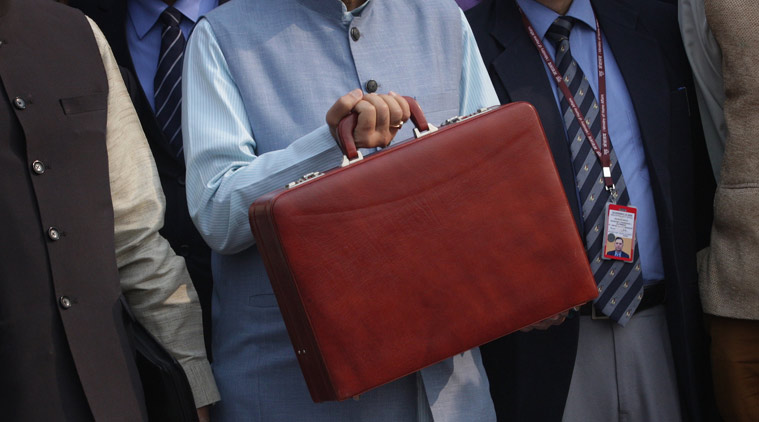The Confession
Government’s resort to populism in budget indicates failure to address critical issues

As we approach the national election, we face a crucial choice. We have before us a clash between two ideologies that have been at odds since our foundation but have intensified to appalling levels in recent times: “Inclusive nationalism” founded on social justice, universal welfare and communal harmony, and “divisive nationalism” marked by the rabid pursuit to create and perpetuate sectarian divisions and fundamentalist authoritarianism.
The upcoming election is a grand battle to decide which version of nationalism will prevail. It is also an opportunity to choose. Divisive nationalism prioritises abstract notions, such as identity, greatness, and honour. Inclusive nationalism is focused on two very simple, and I believe, achievable goals — prosperity and equality for all. In order to confirm this, we need not look further than this budget and the policies under the BJP government.
Unemployment is at an all-time high, there is wide-spread agricultural distress and farmer suicides are on the rise, crime is rampant, the situation of women and children is a major area of concern, industrial activity is sluggish, manufacturing has almost stalled, current account deficit is higher than the government’s own stated objective, minimum support price remains inaccessible for farmers, sugarcane farmers continue to fight for what is their right.
The government is so embarrassed about its failure on the job creation front that it has stopped releasing data on employment and farmer suicide rates. The budget speech did not even talk about the number of jobs created and tried to divert attention by quoting proxy EPFO numbers, which change with changes in the criteria for registering. Even when data is released, it is untrustworthy, and selective. Why else would the two highest placed members of the National Statistical Organisation resign in protest?
The Samajwadi Party government in Uttar Pradesh was already giving Rs 6,000 per annum to almost 5.5 million women, which we had planned to increase to 10 million families and Rs 12,000 per annum. Budget provisions of Rs 6,000 per annum for each eligible farmer falls well short of this target. In housing, allocation per house needs to be doubled, at the very least: Our government was spending almost Rs 3.25 lakh per house.
This was an election interim budget, not a development budget. The government has resorted to worn-out populist policies, indicating that it has failed to solve, and in fact worsened, the critical issues that our great nation faces. Why would we need large, mostly superficial, sops for farmers if the government hadn’t failed to double farmer incomes, as promised? We wouldn’t need superficial tax cuts if the government hadn’t caused great hardship to the poor and the middle-class through demonetisation and a botched implementation of GST.










.png)




























No hay comentarios:
Publicar un comentario